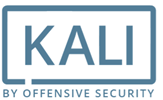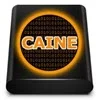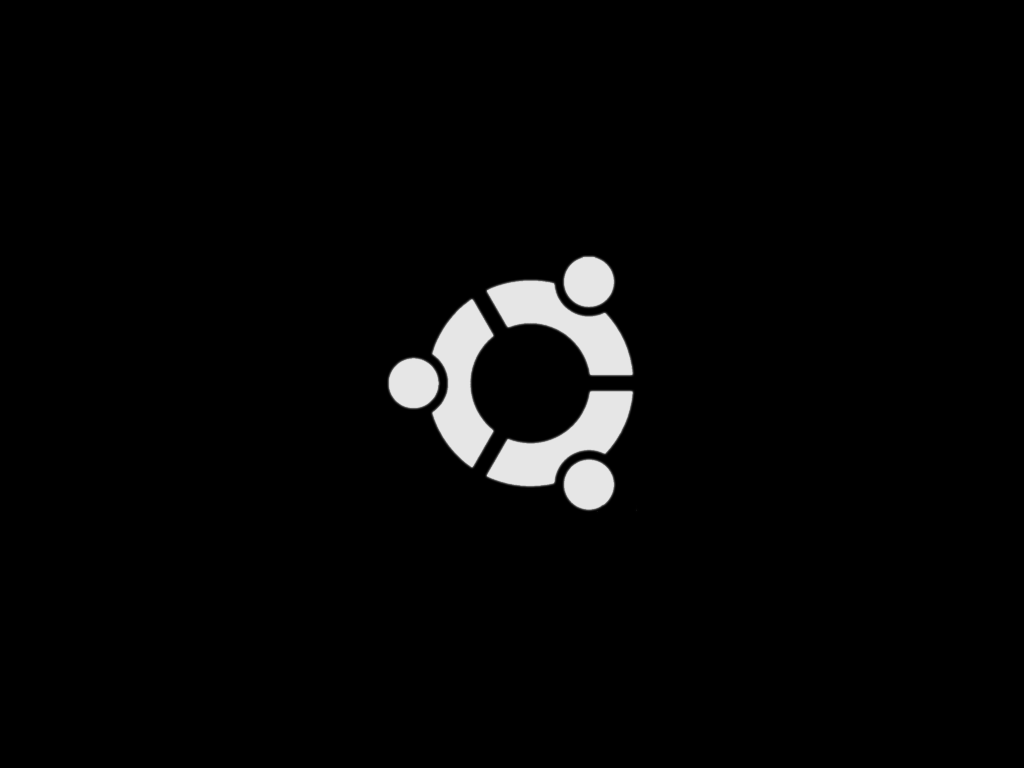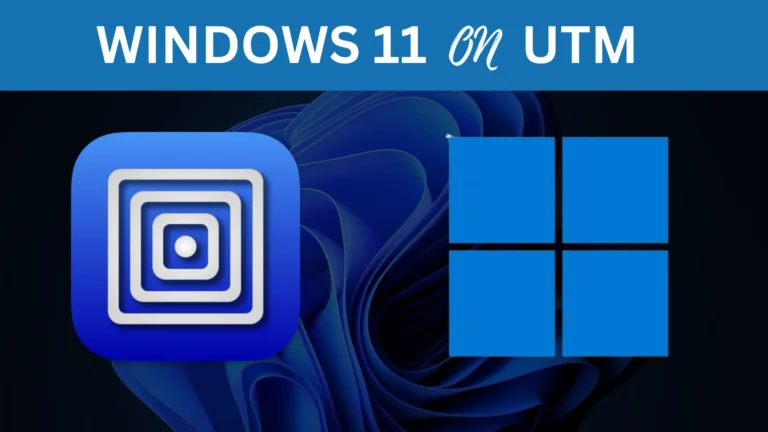Introduction
The term “hacking OS” refers to specialized operating systems designed for penetration testing, ethical hacking, and cybersecurity research. These OSes come pre-loaded with a plethora of security tools and utilities, making them indispensable for professionals in the field.
Video
Kali Linux: The King of Hacking OS
When it comes to hacking OS, Kali Linux stands out as the undisputed leader. Developed by Offensive Security, Kali Linux has been the go-to choice for cybersecurity experts worldwide. Here’s why:

1. Comprehensive Toolset
Kali Linux boasts an extensive collection of tools for every facet of cybersecurity. Whether you’re conducting vulnerability assessments, network analysis, or web application testing, Kali has you covered.
2. Frequent Updates
The Kali Linux team is dedicated to providing the latest updates and security patches. This ensures that your OS is always up-to-date with the newest vulnerabilities and exploits.
3. Active Community
With a massive community of users and developers, Kali Linux benefits from continuous improvement and support. You can easily find tutorials, forums, and documentation to enhance your skills.
4. Customization
Kali Linux allows for deep customization. You can tailor your OS to your specific requirements, adding or removing tools as needed.
5. Versatility
Kali Linux can run on a wide range of hardware, from low-end laptops to powerful servers, ensuring accessibility for all.
Advertisement
Parrot Security OS: A Worthy Competitor
While Kali Linux holds the crown, Parrot Security OS is a strong contender in the world of hacking OS. Here’s what makes it a compelling choice:

1. User-Friendly Interface
Parrot Security OS offers a user-friendly interface that’s perfect for newcomers to the field. Its clean design and intuitive layout make it easy to navigate.
2. Lightweight
Parrot Security OS is known for its minimal system requirements, making it suitable for older hardware or virtual machines.
3. Anonymity Tools
This OS emphasizes anonymity, providing a suite of tools for secure and private online activities.
BlackArch Linux: The Powerhouse of Tools

If you’re looking for an OS packed with an enormous arsenal of hacking tools, BlackArch Linux should be on your radar. Here’s why it’s worth considering:
1. Tool Abundance
With over 2600 tools in its repository, BlackArch Linux offers an unparalleled selection of tools for every cybersecurity scenario imaginable.
2. Regular Updates
Like Kali Linux, BlackArch Linux receives frequent updates, ensuring that you always have access to the latest exploits and vulnerabilities.
3. Penetration Testing Focus
BlackArch Linux focuses heavily on penetration testing, making it an excellent choice for professionals in this specific niche.
Advertisement
Fedora: The Secure and Cutting-Edge Option

Fedora, while not exclusively a hacking OS, is a noteworthy choice for security professionals. It is known for its commitment to the latest technologies and security updates. While it may require additional tool installations compared to specialized hacking OSes, it offers a solid foundation for cybersecurity tasks.
Cain and Abel: Unveiling Secrets

Cain and Abel is another formidable hacking OS that deserves attention. It specializes in password recovery and cryptographic attacks, making it an essential tool for security professionals tasked with assessing the strength of passwords and encryption.
ArchStrike: The Arch Linux for Security

For those who prefer the simplicity and flexibility of Arch Linux, ArchStrike is a customized Arch Linux repository for security professionals. It provides access to a wealth of security tools and is known for its minimalist approach.
Samurai Web Testing Framework: Focused Web Testing

Samurai is tailored for web application testing and is widely used for finding vulnerabilities in web-based applications. It streamlines the process of assessing the security of web applications, making it an invaluable asset to penetration testers.
BackBox OS: Security Made Easy

BackBox OS is a user-friendly hacking OS that focuses on network and information systems analysis. It’s designed to be easy to use, making it an excellent choice for both beginners and experienced security professionals.
Demon Linux: Embracing the Dark Side

Demon Linux is a lesser-known but potent hacking OS that caters to advanced users. It offers a wide range of tools and emphasizes customization, allowing experienced hackers to fine-tune their OS to perfection.
Draco Linux: Power and Flexibility

Draco Linux is a newcomer to the hacking OS scene but has quickly gained attention for its power and flexibility. It’s designed for both beginners and experts, offering a sleek interface and an extensive toolkit.
Wrapping Up
Choosing the best hacking OS depends on your specific needs and preferences. Kali Linux, Parrot Security OS, BlackArch Linux, Cain and Abel, ArchStrike, Samurai, BackBox OS, Demon Linux, Draco Linux, and Fedora are all exceptional choices, each with its unique strengths.
If you’re new to ethical hacking, Parrot Security OS or BackBox OS might be the best places to start due to their user-friendly interfaces. However, if you need a vast array of tools and resources, Kali Linux, BlackArch Linux, Cain and Abel, ArchStrike, Samurai, Demon Linux, Draco Linux, or Fedora might be more suitable for your needs.
Remember, the effectiveness of your hacking OS ultimately depends on your skills and expertise. Take the time to learn and master the tools at your disposal, and you’ll be well on your way to becoming a formidable cybersecurity professional.
So, which hacking OS will you choose for your cybersecurity journey? The decision is yours to make, but rest assured that any of these options will help you stay ahead in the ever-evolving world of cybersecurity.





Everything is very open with a clear description of the challenges. It was really informative. Your site is very useful. Thanks for sharing!
דירות דיסקרטיות במרכז
Thankyou